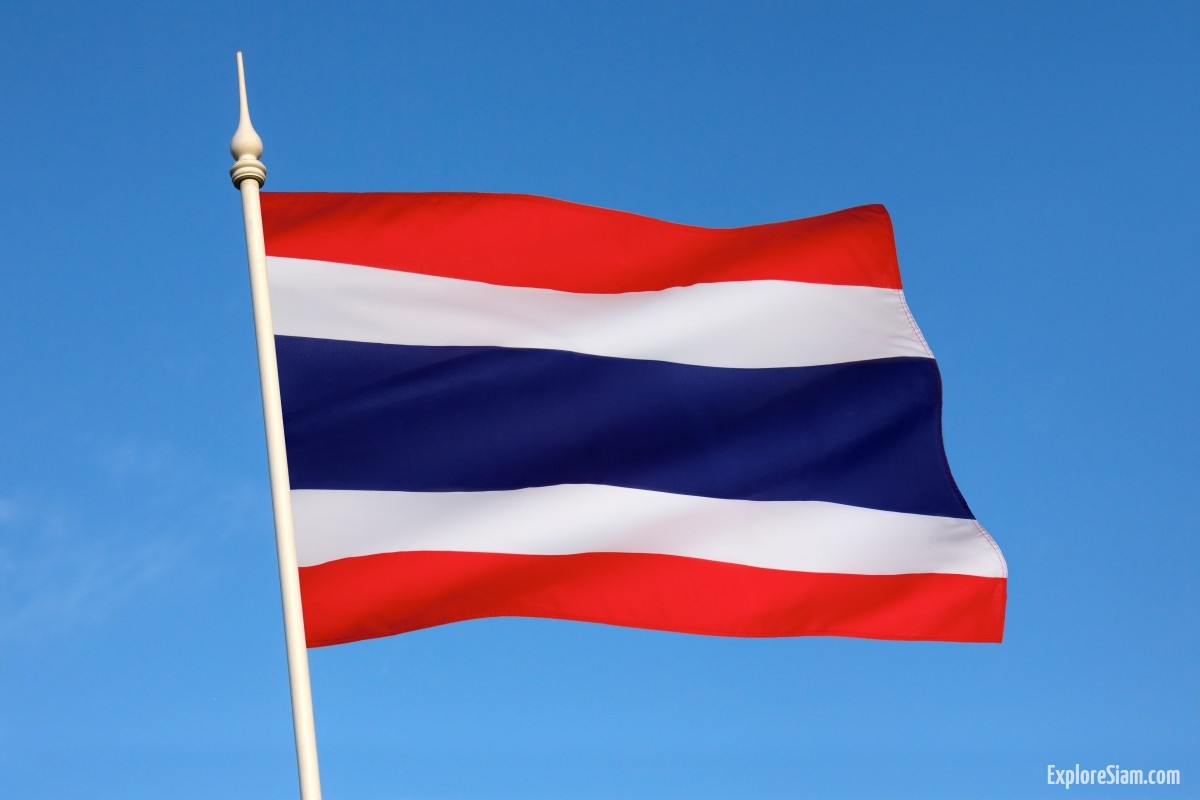Thailand, known for its vibrant culture, stunning landscapes, and warm hospitality, is also home to some of the strictest laws in the world when it comes to protecting the image and dignity of its monarchy. The reverence for the royal family is deeply ingrained in Thai society, and any perceived slight against the monarchy is met with severe consequences. This unwavering loyalty is enshrined in the country’s lese-majeste laws, which are considered among the toughest on the planet.
The Legal Framework
At the heart of Thailand’s legal system lies a set of laws that are as uncompromising as they are unique. The Thai Penal Code, particularly Section 112, makes it a criminal offense to defame, insult, or threaten the king, queen, heir apparent, or regent. The penalties are severe, ranging from three to fifteen years of imprisonment for each offense. These laws apply not only to spoken and written words but also to any form of expression, including social media posts, artworks, and even casual remarks made in private settings.
The enforcement of these laws is meticulous and unyielding. Thai authorities take any hint of criticism toward the monarchy with the utmost seriousness, and there is no room for debate or discussion. Public discourse on the topic is virtually nonexistent, as even the slightest misstep can lead to arrest and imprisonment. This strict enforcement creates an atmosphere where the monarchy is beyond reproach, elevating the royal family to an almost divine status in the eyes of the public.
A Culture of Reverence
This legal framework is deeply intertwined with Thai culture, where the monarchy is not just a symbol of national identity but also a pillar of moral and spiritual authority. The king is often viewed as a father figure to the nation, embodying the values of righteousness, compassion, and wisdom. This cultural reverence extends to every aspect of daily life, where even the most mundane actions are performed with the monarchy in mind.
One striking example of this reverence is the treatment of images of the king and the royal family. In Thailand, it is not enough to simply admire the king’s portrait; it must be handled with the utmost care and respect. This extends to currency as well. Banknotes bearing the king’s image are considered sacred, and they must be treated accordingly. It is considered disrespectful to crumple or fold them, and carrying them in the pocket of shorts or trousers is frowned upon. The idea of treating such an image carelessly is unthinkable to many Thais, reflecting the deep-seated respect for the monarchy that permeates every aspect of society.
Even seemingly harmless actions, such as posing for a photograph with the king’s portrait, must be done with caution. A casual gesture, like putting an arm around the image or striking a playful pose, is strictly forbidden. Any interaction with royal imagery must be conducted with a level of tact and reverence that underscores the high esteem in which the monarchy is held. The importance of maintaining this decorum cannot be overstated, as it is seen as a reflection of one’s loyalty to the nation and its highest institution.
The Consequences of Disrespect
The consequences for violating these norms are severe and unforgiving. In recent years, there have been numerous cases where individuals, both Thai citizens and foreigners, have been prosecuted under the lese-majeste laws. The legal process is swift, and the penalties are harsh, often leading to long-term imprisonment. This strict approach serves as a powerful deterrent, ensuring that the monarchy remains above any form of criticism or disrespect.
Moreover, the enforcement of these laws is not limited to the actions of individuals within Thailand’s borders. Thai authorities have been known to pursue cases against citizens living abroad, emphasizing the global reach of the monarchy’s protection. This extraterritorial application of the law highlights the seriousness with which Thailand views the preservation of its royal family’s dignity.
A Reflection of National Identity
Thailand’s unwavering loyalty to its monarchy is more than just a legal obligation; it is a reflection of the country’s national identity. The monarchy is seen as the embodiment of the nation’s history, culture, and values, and any threat to its sanctity is viewed as a threat to the very fabric of Thai society. The lese-majeste laws, therefore, are not just about protecting individuals; they are about safeguarding the soul of the nation.
This deep connection between the monarchy and national identity is evident in the way Thais conduct themselves in public and private life. The respect for the monarchy is instilled from a young age, and it is reinforced through education, media, and cultural practices. It is a loyalty that transcends politics and social divides, uniting the country in a shared sense of pride and duty.
In a world where the role of monarchies is often questioned and debated, Thailand’s approach stands out as a testament to the enduring power of tradition and respect. The country’s lese-majeste laws, while harsh, are a reflection of a society that places the highest value on loyalty and reverence for its most cherished institution. For Thailand, the monarchy is not just a symbol; it is the heart of the nation, and its protection is a matter of utmost importance.





